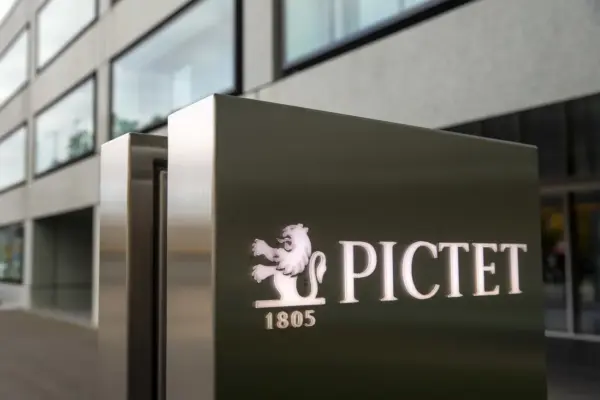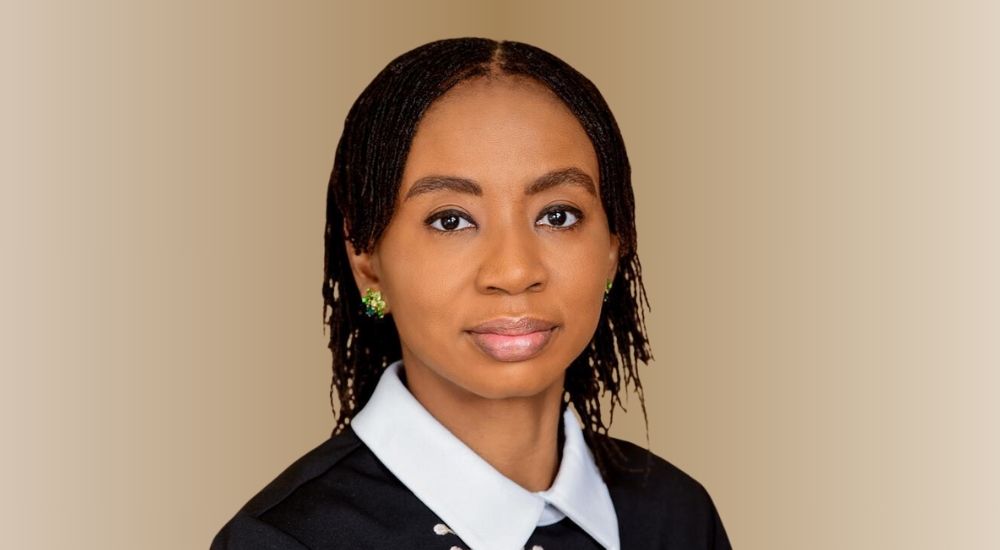The Economic and Financial Crimes Commission has declared that it is presently looking into numerous cases of forex and investment fraud totaling more than N317 billion in Lagos alone.
At the same time, it was announced that Lagos, Nigeria’s commercial capital, had turned into the country’s epicentre for all kinds of economic and financial crimes.
At a one-day training for media professionals on Thursday in Lagos, the acting executive chairman of the commission, Abdulkarim Chukkol, revealed this.
He claimed that 512,876 petitions overall, all relating to investment and currency scams, have been submitted to the state.
According to him, there were more schemes involving foreign currency totaling $3.2 million as well as those in euros and pounds.
The EFCC Chairman, who was represented by the Lagos Zonal Commander, Michael Wetkas, noted that the Lagos Command of the Commission has been the most difficult:
“As Nigeria’s economic hub, Lagos serves as the ideal atmosphere for all types of financial and economic crimes to germinate and grow.
“Among the many financial and economic crimes that are common in the Lagos context are forex scams, business email compromises, investment scams, and land and property fraud.
“The Lagos Command had received a total of 512 petitions on investment and Forex-related frauds, totaling N317.9 billion and $3.2 million, respectively, as an indication of the scale of the situation.”
He added that as many of these cases are being looked into, recoveries running into billions of Naira and millions and thousands of other currencies have been made.
“The Commission’s enforcement actions are aimed at those who commit these crimes, but we are concerned about how easily ordinary people fall prey to these con artists.
“Their foolishness is fueled by the need to become wealthy immediately.”
He continued by saying that the Commission had increased public awareness in recent months in keeping with its conviction that some of these crimes could be avoided if individuals had the appropriate knowledge.
According to him, the media must also play a role in educating the public about the need to exercise caution when accepting investment opportunities, particularly when the return on investment appears to be too good to be true.
He stated that the fight against financial and economic crimes should not be left to the EFCC and other anti-corruption agencies.
He continued, “The media should do more to assist the Commission and inspire the general public to fully embrace the fight against corruption in our nation.










